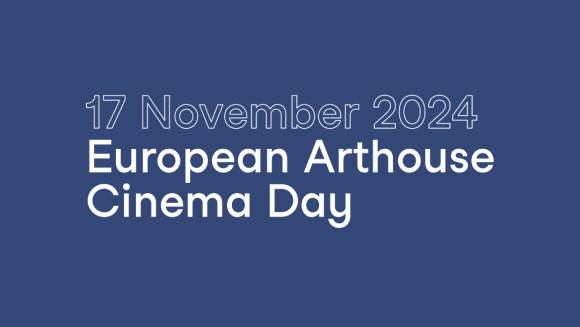The goal: to unite forces to send an audible message for democracy, tolerance, and respect and to celebrate the diversity and freedom of the European cinematographic landscape that will resonate around the globe.
In the face of rising anti-democratic sentiments, of violence and prejudice against minorities, dissidents, and film- and culture-professionals in many countries worldwide, the European Arthouse Cinema Day is the arthouse movement’s clear signal to the world: We – together with our multifaceted audiences across the globe - will defend the ideals of a free and open society and of a dialogue across borders and cultures. As independent cinemas, we shine a light on democracy and freedom and we stand firmly with those whose voices are being silenced, anytime, anywhere.
Cinema-Day-Ambassador Wim Wenders calls on cinemas and audiences to become “cinema activists”
For Wim Wenders,“The ‘European Cinema Day’ rightly sees itself as the “Global Day of Action for the arthouse movement.”
Why We Need (Arthouse) Cinema Right Now
 The recent European elections have once again shown us:
The recent European elections have once again shown us:
We are politically in a precarious situation.
We stare in horror at the election results and seek answers.
Why do so many people follow the empty promises of populists,
why don’t they question what these populists are trying to sell them?
Hasn’t history long since reduced their nationalistic “solutions” to absurdity?
If there is anything that can protect us from cheap and dangerous populism,
it is education and culture.
An important, but still underestimated by politicians, part of this, are films
— stories that tell us about our own and other cultures,
life concepts, and experiences.
And just as important is the cinema itself as the place
where we, together with others, immerse ourselves into those very worlds
that help to broaden our horizons
and to experience other perspectives, but also history itself.
I am very serious when I say
that the role of cinema is still completely underestimated by politics.
Film education, in a world dominated by moving images,
should have long been an integral part of school curriculums
just as visual arts, music, and literature have been for a long time.
Adolescents need to master the alphabet of seeing and the grammar of images,
for only then can they recognize when they are being manipulated,
and nowadays, this happens more through images than words.
The “European Cinema Day” rightly sees itself
as the “Global Day of Action for the arthouse movement.”
For me, it is the day when we must
understand ourselves as cinema activists to collectively advocate
across all geographical, political, and social boundaries
for the expansion of our horizons and viewpoints:
with the intelligent, exciting, and moving stories, and the history
that (arthouse) cinema has to offer.




















